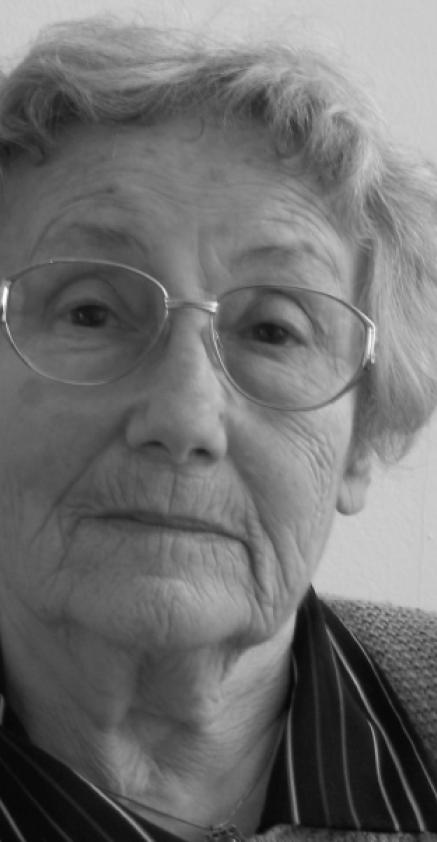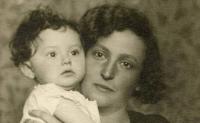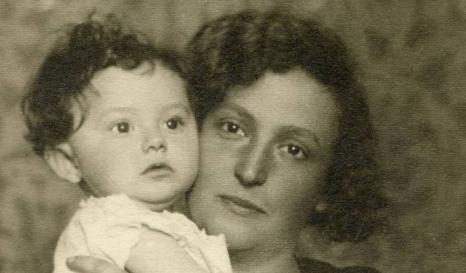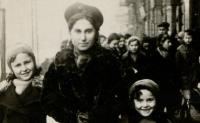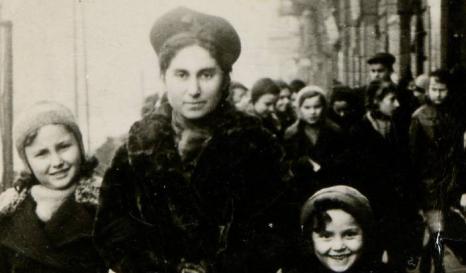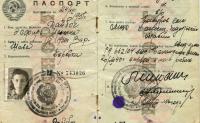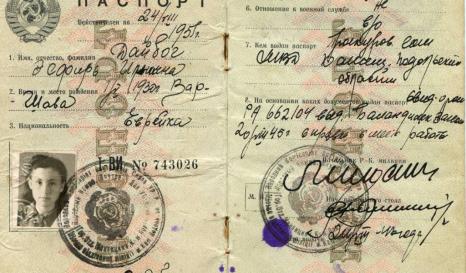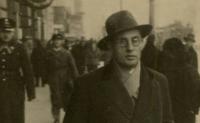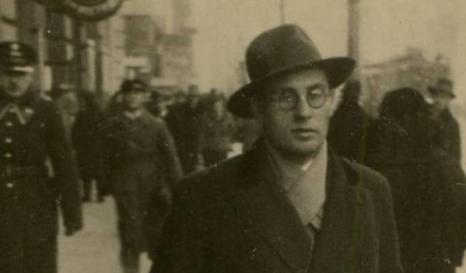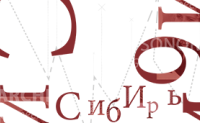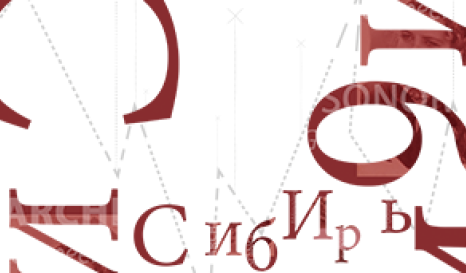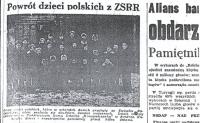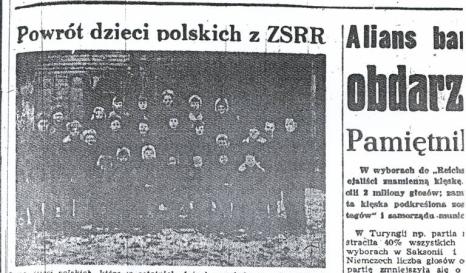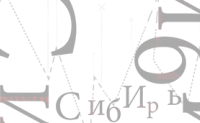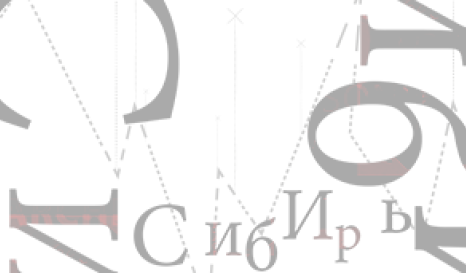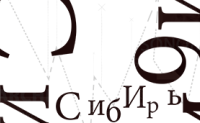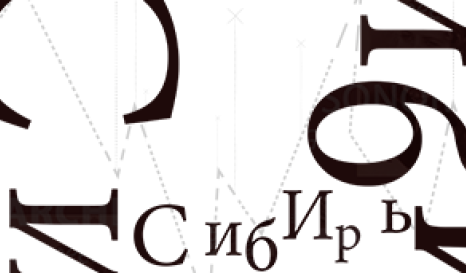BioGraphy
Estera MIGDALSKA
Estera Migdalska was born in Warsaw in 1930. She was not personally deported, but several members of her family were. Her family belonged to secular Jewish culture.
Before the war, Estera went to a school established by the Bund. When war broke out, Estera Midalska and her father took refuge in Pinsk, her mother’s home town. Estera’s mother and sister stayed in Warsaw, hoping the war would soon end. During the Nazi occupation, both perished in the Warsaw ghetto.
Since Pinsk was annexed by the Soviets, Estera’s father decided in 1940 to accept Soviet citizenship so they could avoid deportation. The family was conscious of the importance of this for their destiny. It was discussed within the family circle. For some, acceptance of a Soviet passport was tantamount to a betrayal of the nation. In this regard, the strategies adopted by different relatives varied. Two brothers and a cousin living in Łuck refused Soviet citizenship and were deported.
Escaping from the later Nazi advance, Estera and her father moved to the Soviet Union. In the Saratov Oblast, her father was called up to an auxiliary army unit and Estera lost all contact with him. She learnt later that her father died in an air-raid. For twelve months, she was left to her own devices, stayed out of school, and tried to earn her living as a babysitter. A senior local health service worker noticed Estera and placed her in an orphanage in 1943. In 1944, she started school again. Later, other Polish and Ukrainian Jewish evacuees helped her to move to Khmelnytskyi region in Ukraine.
In 1946 Estera legally became an adult and eligible for a Soviet passport. Her uncle found her. He had been deported to Novosibirsk Oblast after refusing Soviet citizenship and, during the war, tried to join the Anders Army but could not, because he had lost his family. Later, he joined the Polish Army division formed in Sielce, fought in the battle of Lenino and finally returned to Warsaw. In the immediate post-war years, he became a member of staff at the Ministry of Defence. Thanks to a delayed government agreement on child repatriation, he obtained Estera’s return to Poland in 1947.
Estera lived first with her uncle and his new wife (his first was killed in the Holocaust), and then in a community-funded home for Jewish orphans. Her family lived through not only the deportation, the Holocaust and return to Poland, but also emigration to Israel (her aunt in 1945 and her uncle in 1968). Estera also felt the prevailing anti-Semitism and anti-Zionism propaganda in 1968, and her career as an engineer was cut short by her uncle’s emigration. She was forced to resign and only found another job in 1971.
The interview with Estera Migdalska was conducted in 2010 by Agnieszka Niewiedzial.


